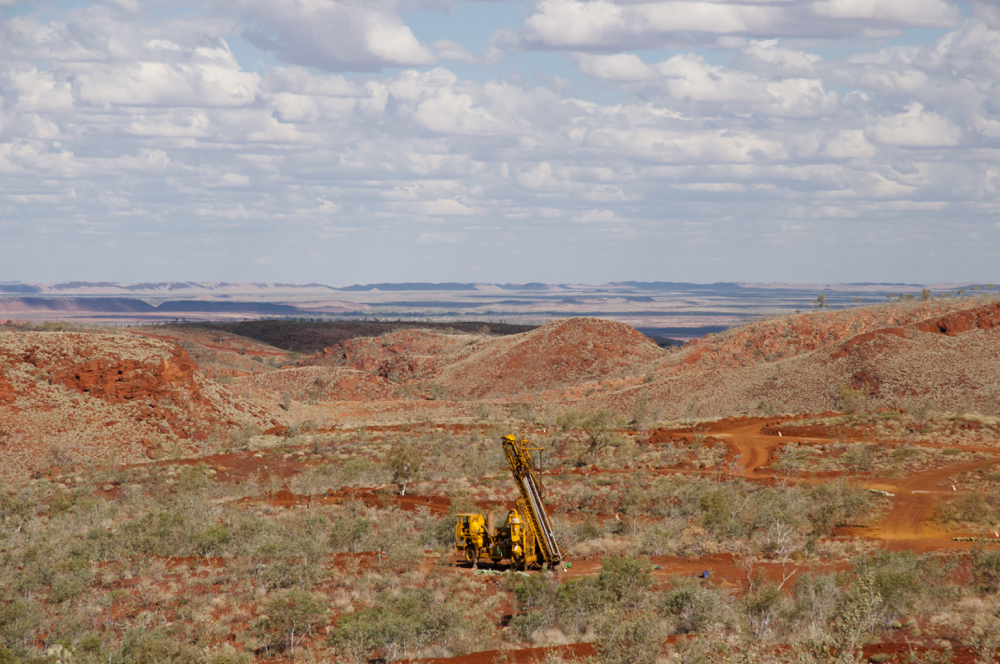Miners should target smaller deposits for clean energy era, says PwC

The world’s biggest miners should consider developing smaller deposits to make the most of the commodities expected to be in demand during the transition to cleaner energy production, a report on Wednesday said.
Large mining companies have tended to seek the biggest, low-cost, long-life deposits, such as top global miner BHP Group’s iron ore operations in Western Australia that have already been running for more than half a century.
But the global energy transition has opened up opportunities as power grids decarbonise and as demand grows for battery raw materials like nickel, cobalt, lithium as well as copper from electric vehicles, accountancy firm PwC said in a report.
“The way battery minerals present themselves geologically doesn’t necessarily lend themselves to a multi-decade horizon,” PwC Australia Global Mining leader Paul Bendall said.
“That might mean the top miners need to recalibrate their investment criteria,” he told Reuters in an interview.
Battery minerals represented less than 3% of the top 40 miners’ total revenue in 2020, the PWC report showed, but there are ample opportunities for that to share to increase, including through buyouts.
Miners have developed significant warchests as governments around the world invested heavily in infrastructure to overcome the disruption caused by covid-19, sending prices sky high.
As well as investing in renewable power generation alongside their mines, some firms may move into processing, Bendall said.
Last week, Tesla’s chair told an Australian mining conference that environmental, social governance (ESG) would be a major consideration in how new energy supply chains develop.
Tesla plans to spend $1 billion a year on Australian minerals thanks to its reliable mining industry and responsible production practices.
However, mining companies need to take the safety mindset they have spent the last few years instilling into their work culture and apply that to integrating ESG, the PwC report said.
According to MSCI ratings, only four of the Top 40 are considered leaders in managing the most significant ESG risks and opportunities, PwC noted.
(By Melanie Burton; Editing by Alexander Smith)
{{ commodity.name }}
{{ post.title }}
{{ post.date }}




Comments